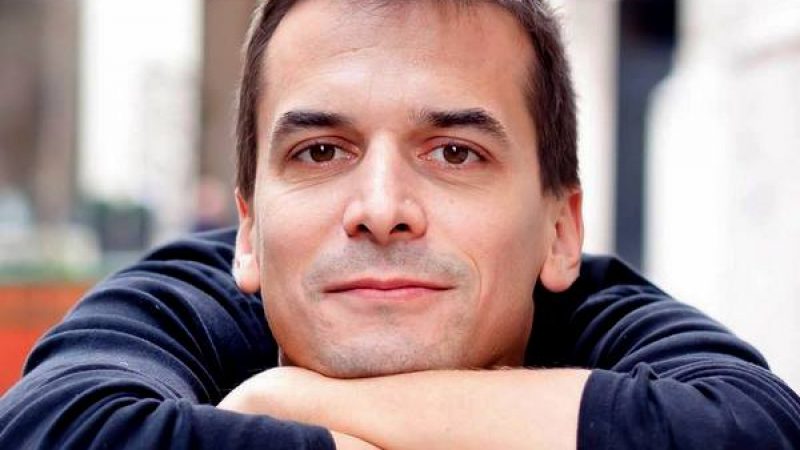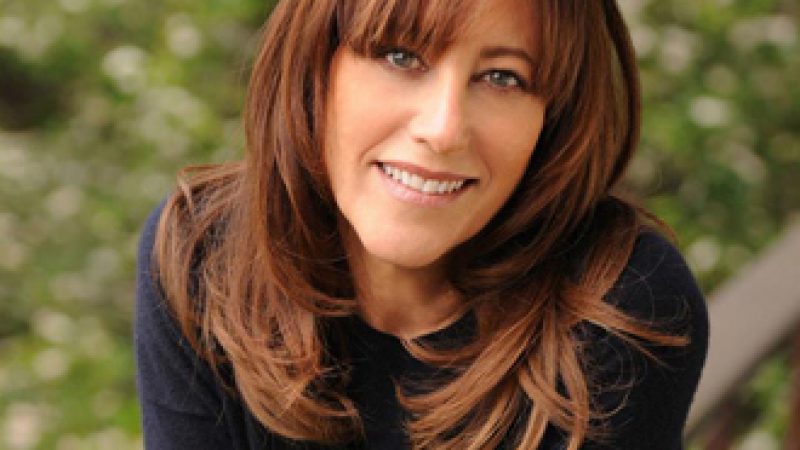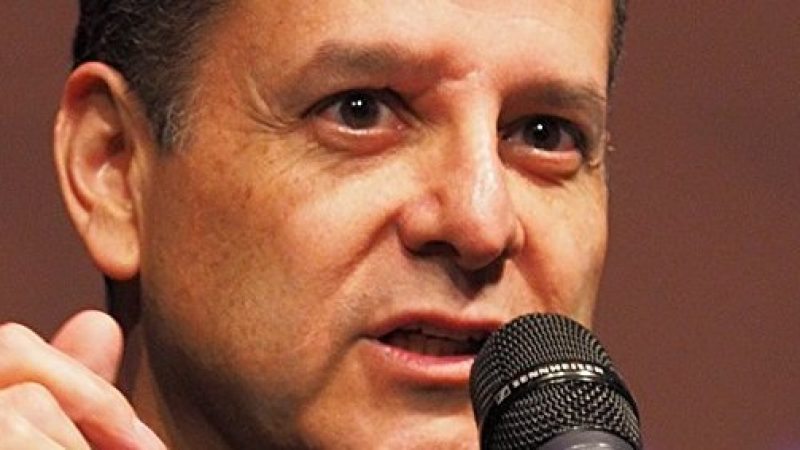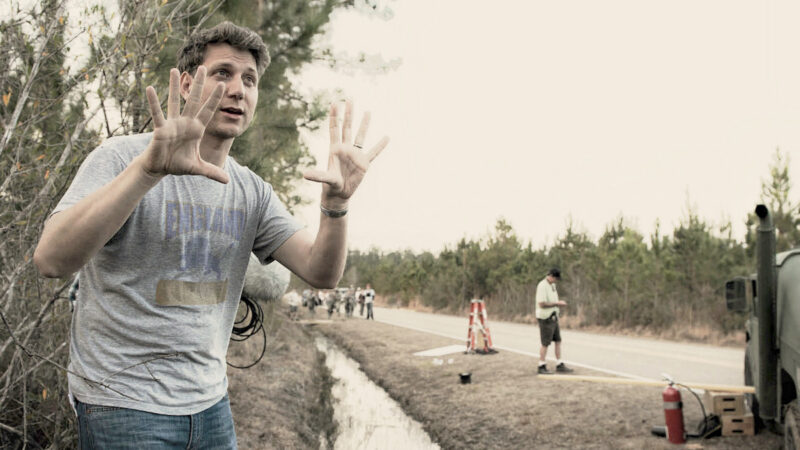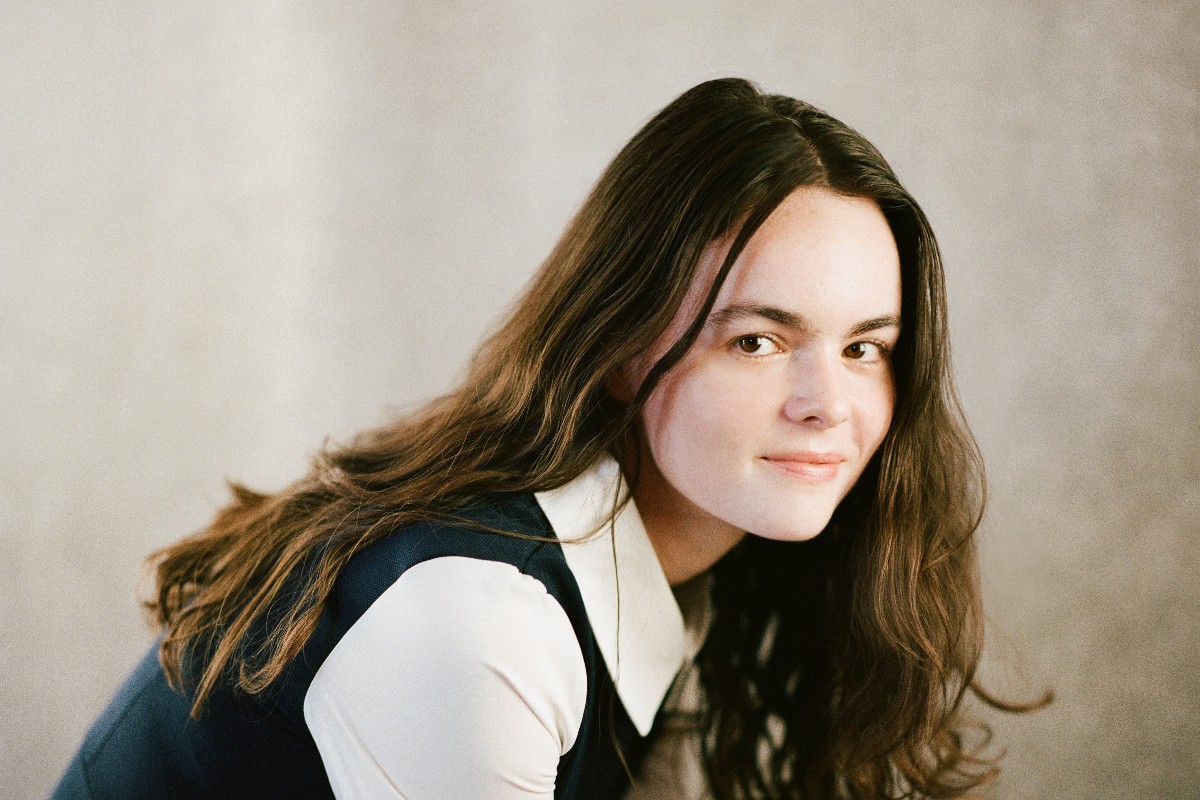
I am Micaela Wittman and I played Claire in Clairevoyant. We had a great ensemble cast including Amy Benedict, Anousha, Heidi Fecht, Anne Scottlin, and many others. It was co-directed by myself and Arthur De Larroche.
indieactivity: What is your experience working on the story, the screenplay, the production, the premiere, and the marketing?
Micaela Wittman (MW): Clairevoyant was my foray into the world of film. Before this, I had done some small roles on TV shows, usually just a few lines. It was fun to return to the character of Claire again and again until her story was complete. It felt like she rented out my body for a couple of months, which is really different from only playing a character for a day. We had so much freedom on set because our only goal was to make the funniest story possible. The limits of being an indie ironically made it so we didn’t have to rush to make deadlines or work under stressful conditions. It was all about the story.
Watch the Official Trailer for Clairevoyant directed by Micaela Wittman and Arthur De Larroche
What was your experience like working with the cast?
Micaela Wittman (MW): I read a lot of the reviews Clairevoyant gets online, and even if someone doesn’t like the film, they always mention having wondered if it was real or not. That’s all thanks to our cast. They made scripted lines seem so natural, and every single person brought more to their role than I was hoping for. It was also really collaborative because if a scene wasn’t working for some reason, we could just throw it away and improvise.
Amy Benedict, who plays my mom, added in the line “we need to talk about your advisors, that guy in Van Nuys” with absolutely no knowledge of the rest of the plot, but as I watch it back in the film, I ethereally know that she’s referring to Zilmar. It’s bizarre how great everyone was in these little moments that make the film what it is.
What and how long did it take to complete the script?
Micaela Wittman (MW): Clairevoyant was a really unique filming experience because we had no script! It started out with Claire’s interview segments. We filmed about 12 hours of improvisation. After that, I went through the footage and picked out the funniest parts, and then we started to build a story around that. Once we knew what the general content was, we wrote out the interviews with the gurus, but we still didn’t know where they would go in the film’s timeline.
We worked backward. I loved that because it let the film go where it wanted to go instead of us (Arthur De Larroche and I) forcing something. In my experience, films turn out best when you let them breathe. The little moments, the bits of humanity that come through, oftentimes in the mistakes, are what make a film great.
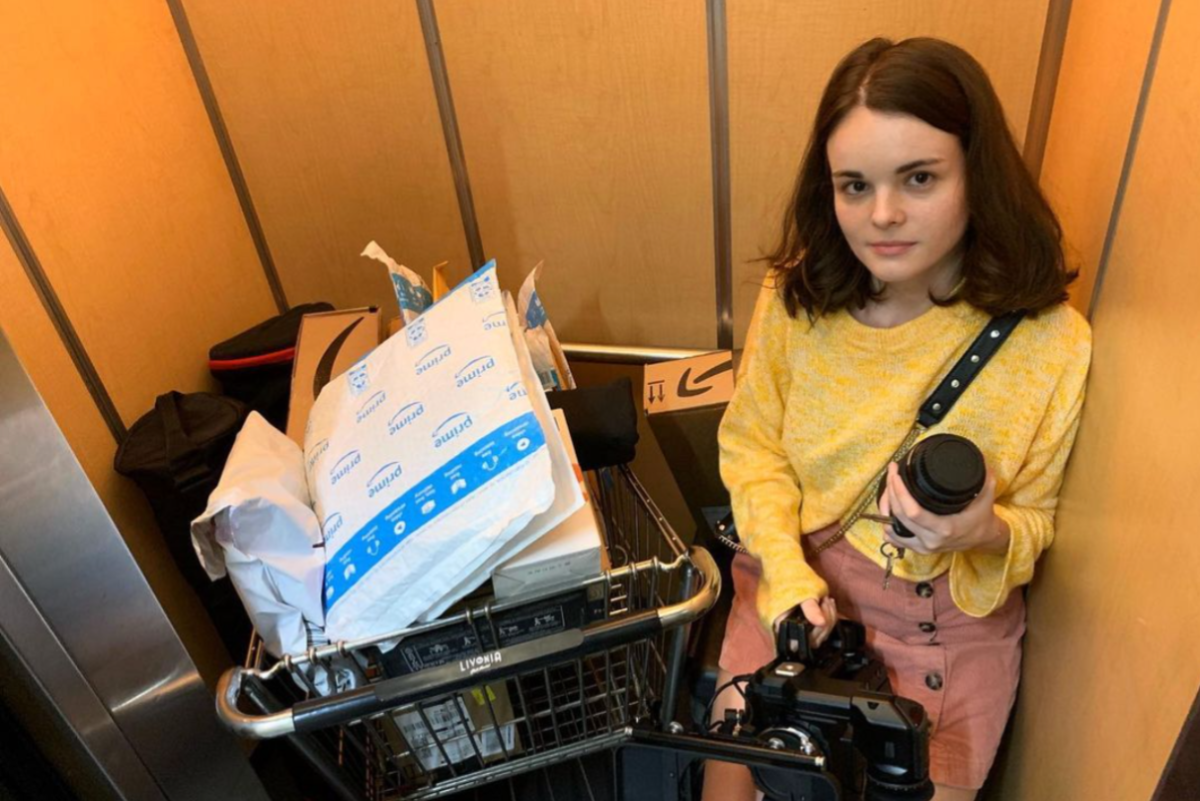
When did you start acting and why?
Micaela Wittman (MW): I was raised as a Jehovah’s Witness growing up, so I wasn’t really allowed to act. I begged my mom to let me do one play at the community theatre, but that was it. I think not being allowed to pursue it was actually a good thing, because it became an obsession. As soon as I got my driver’s license, I lied to my dad about where I was going and took his truck out onto the highway for the first time ever, to go to a meeting with an agent.
They didn’t sign me but they basically just told me I sucked and to go to acting class. Which was really great advice! So, I got a part-time job and put that money into acting class. And eventually, that led to me moving to Los Angeles! It was worth it.
During the film production, what scene (that made the cut) was the hardest to shoot? And why?
Micaela Wittman (MW): The hardest scenes to shoot were caused by technical difficulties, but that’s not very exciting so I’ll tell another story. Arthur and I were having a hard time coming up with a third act that would answer any questions the audience could have while propelling us towards the end of the film. We wrote out a whole scene about the history of enlightenment, the three schools of Buddhism, the subcategories of those schools, the five categories of beings within the subcategories.
Basically, it was boring and just felt like more of what we’d already done so far. Around the same time, this was happening, I discovered my cat had a tumor. She was an old cat and I was in denial about how she’d be on her way out eventually. When I felt the lump, I immediately started crying because I had to come to terms with something I’d been fearing my entire life. I somehow could tell that she only had about a month left.
While I was grieving, Arthur was like “is it terrible that I want to record this right now?” I don’t mind exploiting emotions for the sake of film because that’s pretty much the whole point of it. So, we just went onto his patio and let my grief come through on camera. Every once in a while he would throw me a few lines to say. It was really peaceful, and it was the third act that we needed. That’s why the film is dedicated to my cat.
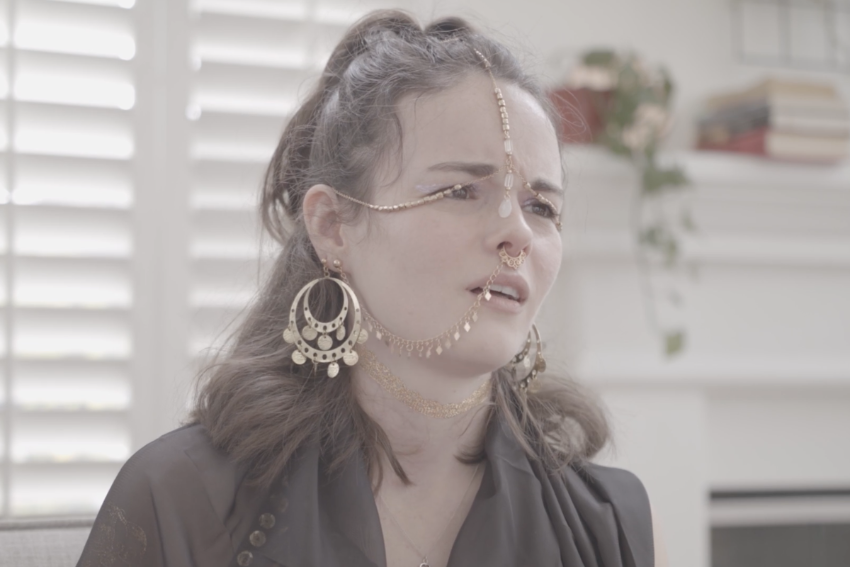
You must have donned several hats on this film, what did it take you to put out all these qualities to get the film done?
MW: Before making Clairevoyant, I thought I was lazy! I hated going to high school so much that by junior year, I slept in 2 or 3 times a week and just didn’t go. I’m not an early riser, and I hate the idea of working a 9-5.
Clairevoyant taught me that when I actually care about something, it’s easy to work! Who would’ve thought what everyone said all those years about doing what you love was true? I learned I have so many hidden skills, which have changed my life.
I can continue to audition and pursue acting without the fear of never being able to make projects that I love. I can always fall back on making my own films if I have to.
What about independent filmmaking and the business do you still struggle with?
MW: The fear of never making it out. I love the show Call My Agent because it’s so great at expressing these very real fears, among actors of all levels. They have a different guest star on each episode and recently I watched an episode with the French actor Gérard Lanvin, and he had this great line that was like “actors have two fears, that it won’t start or that it will end.”
It seems so simple, yet it’s so comforting to me to know that I’m not the only one that’s scared. The writing on that show is top-notch.
Where do you think your strengths lie as an actor?
MW: Acting is really confusing to me. I still don’t understand it. If someone came up to me today and told me that the only way to do good in a scene was to eat cucumber in between each take, I’d be like, well, crap, I’ve really been doing it all wrong. I used to struggle with the fear of not being able to memorize lines, and not wanting to expose my true self. For years I blinked a lot and buried my face in the paper to try to hide.
It’s been a big learning process, but I’m so grateful that acting chose me because I always have to push myself to be the best version of myself. I even got over my fear of rollercoasters for the sake of my acting career, because, I don’t know, it seemed like the right thing to do! I mostly just try to let go, have fun, and fall back on the truth. I don’t even know if that sentence makes sense to someone who’s not an actor, but, that’s pretty much what it is.
Unless you tell me it’s about eating cucumber, then I’ll believe you.
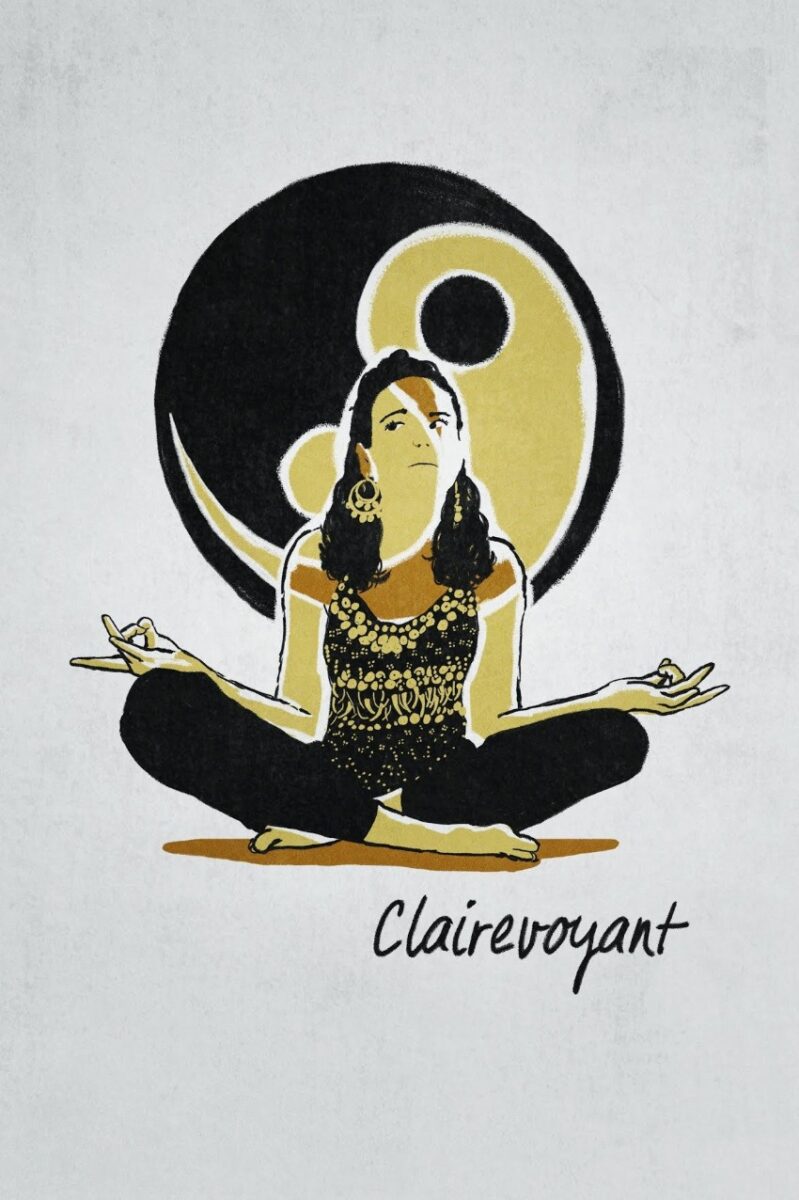
How important is marketing? Do you think a project can make a dent without it nowadays?
MW: Unfortunately, I think marketing is half the battle. But, luckily, there are more and more ways to market for free. The internet is awesome and people spend so much time on social media. If you can find an angle and get genuine fan interaction going, that’s marketing.
An example of a film that did this was Antrum. We actually reached out to the executive producer and asked for some tips. Even big movies need marketing, so for smaller films, you at least have to light the flame.
What do you hope audiences will get from the presentation of your film?
MW: I’m not going to be ignorant enough to think that I know the meaning of life. But I do know how important movies are. And how important it is to not feel alone. That’s my favorite part about making them! Everyone may get something different out of it, and some people may hate it, but no matter what we’re walking away with a little piece of each other. Also, the simple answer is, I hope Clairevoyant makes people laugh.
What else have you got in the works?
MW: Arthur De Larroche and I have a follow-up film, called Remy & Arletta. It’s a really sweet story about friendships, and surviving life as a young person. It’s completely different from Clairevoyant, which is why I chose to make it.
Tell us what you think of the interview with Micaela Wittman. What do you think of it? What ideas did you get? Do you have any suggestions? Or did it help you? Let’s have your comments below and/or on Facebook or Instagram! Or join me on Twitter.
MORE STORIES FOR YOU
Director Amy Glazer Brings Kepler’s Dream to Life
An 11 year old searches for a missing rare book from her grandmother’s library
How I Made My Film, ‘Fear, Love & Agoraphobia’ by Alexander D’Lerma
A Step by Step Filmmaking Process of Fear, Love & Agoraphobia
The Key Facts Behind How Jeff Nichols Made The Indie Hit MUD
Jeff Nichols gives himself directorial challenges to master on every project.


